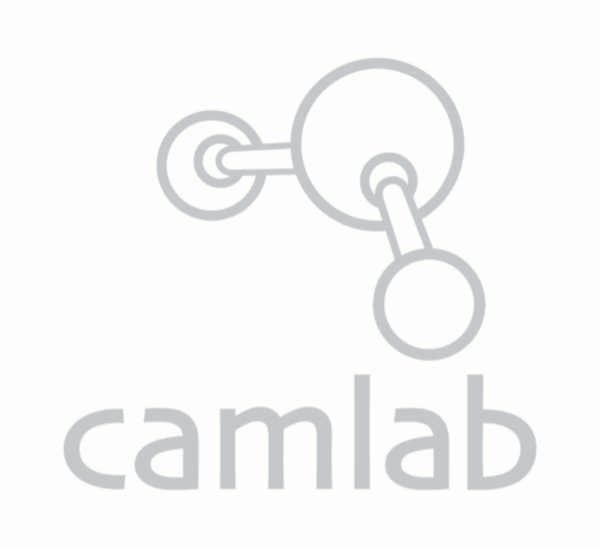Laboratories using a deioniser system to generate deionised (or DI) water in house should test the water produced regularly, to ensure the system is working well and producing water of the required purity.


How can you test your DI water is pure enough?
Conductivity is usually used as a good indicator of the quality, as the test is simple to perform.
However is is important to choose an instrument which is able to read the very low values found in DI water, as not all meters will work in this environment.
Conductivity – an indicator of DI water quality
Deionised water has very low conductivity, as the ionised substances (or salts) which usually allow water to conduct electricity have been removed.
High purity deionised water has a conductivity of around 0.05µS/cm while tap water can range from 5 to 50mS/cm.
The Effect of Temperature
Temperature should also be accounted for in the measurement, as this drastically changes the conductivity.
In standard water (such as tap water) the conductivity result will change by around 2% per °C change. In deionised water the effect of temperature is amplified, and can reach as high as 10% per °C change.
This means that any instrument used must have automatic temperature compensation built in to achieve reliable results.
Choosing a suitable Conductivity meter
Only some meters can easily read the low conductivity levels found in DI water. Meters or electrodes which are not specifically designed for DI water will be very slow to give results and may “drift” – not be able to settle on one value for an accurate reading.
The Myron 6PFC Ultrameter is able to read ultrapure and DI water easily and has built in automatic temperature compensation for accurate results.
The simple to use, handheld unit is also very robust, making it ideal for field work or work around a site. This meter also has the added benefit of being able to measure pH, TDS, ORP and free chlorine.


Myron 6PFC Ultrameter
Alternatively if you wish to use a conducitivity meter you already have, then a specialised probe should be chosen.
The InLab 742 ISM probe by Mettler Toledo is specifically designed for high purity water, and has built in temperature compensation by an integrated temperature sensor.
This is compatible with a range of the Mettler Toledo meters, including the Seven2Go series of portable conductivity meters.


The specialised InLab 742 ISM probe for measuring conductivity in DI or high purity water
For more information, follow the links above or contact us
































































